Culture in Austria
Discover Austria the authentic way
Austria is a country with a rich cultural past and a vibrant present. Characterised by its long history, Austrian culture reflects the diversity of regional and international influences.
From the world-famous Viennese coffee house culture and the classical music scene, which produced composers such as Mozart and Beethoven, to contemporary art and literature, Austria is characterised by a rich cultural heritage. Festivals, traditional customs and a lively theatre and opera scene make the country a centre of cultural creativity.
Experience how Austria combines historical splendour with modern artistic expression to create a unique and unmistakable cultural space.
Austrian cuisine
Die österreichische Küche ist für ihre reichhaltige Mischung aus Tradition, Qualität und kulinarischer Handwerkskunst weltweit bekannt. Geprägt von regionalen Einflüssen und einer Vorliebe für frische Zutaten, vereint sie Einfachheit mit Eleganz. Die Kombination aus herzhaften Gerichten und exquisiten Backwaren, spiegelt die österreichische Kultur der Gemütlichkeit und Gastfreundschaft wider.
5 typical dishes from Austria
These sweet and savoury dishes reflect Austria's rich culinary tradition and are a must for anyone who wants to experience Austrian cuisine.
1. Wiener Schnitzel
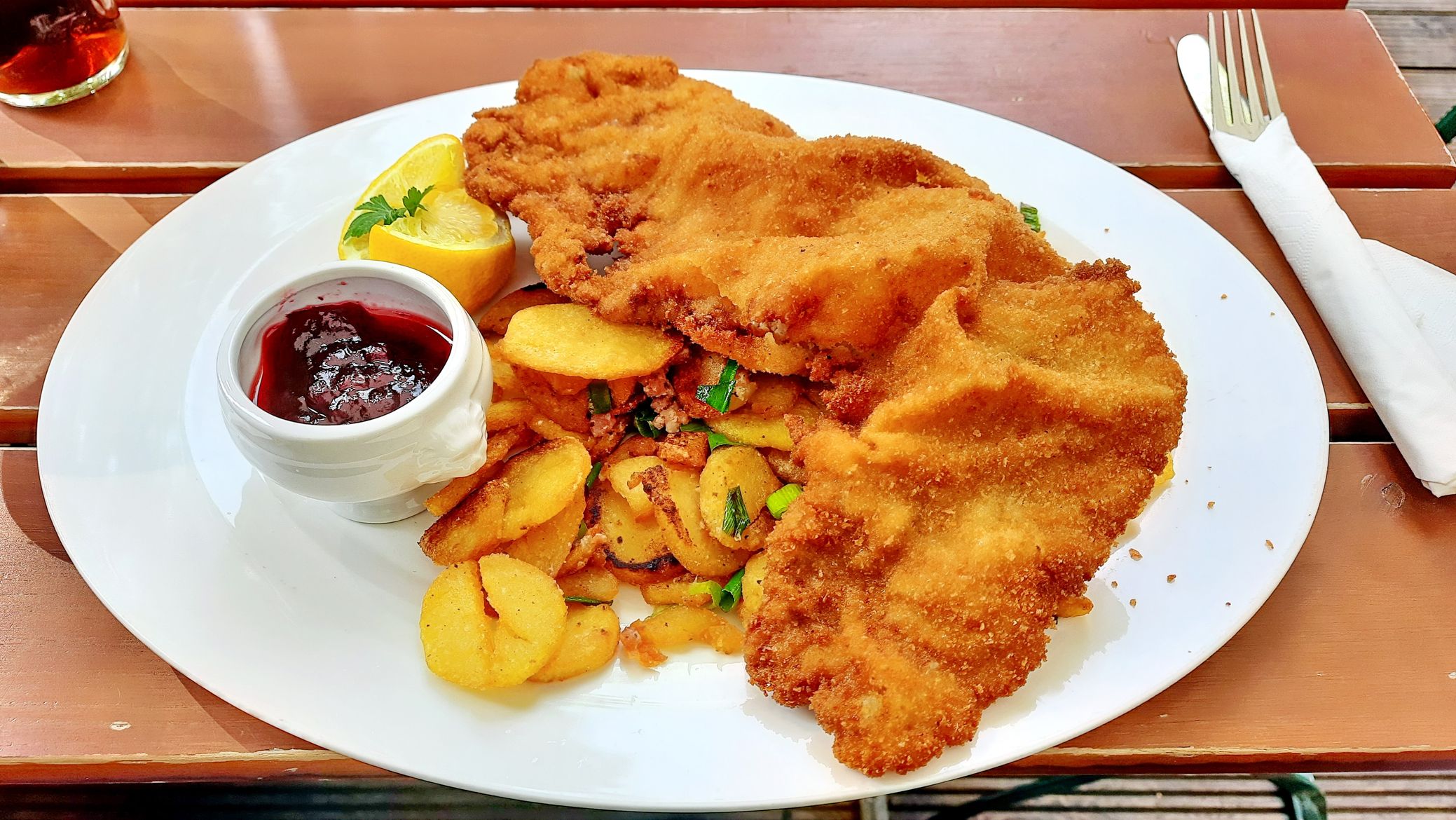
The Wiener Schnitzel is a classic of Austrian cuisine. Traditionally, it is a wafer-thin veal schnitzel that is expertly breaded and fried until golden brown. However, modern variations of the Wiener Schnitzel can also contain other types of meat, such as pork. The crispy delicacy is traditionally garnished with lemon slices and parsley and often served with potato salad or chips as a side dish. A delight that combines simplicity and sophistication.
2. Sachertorte
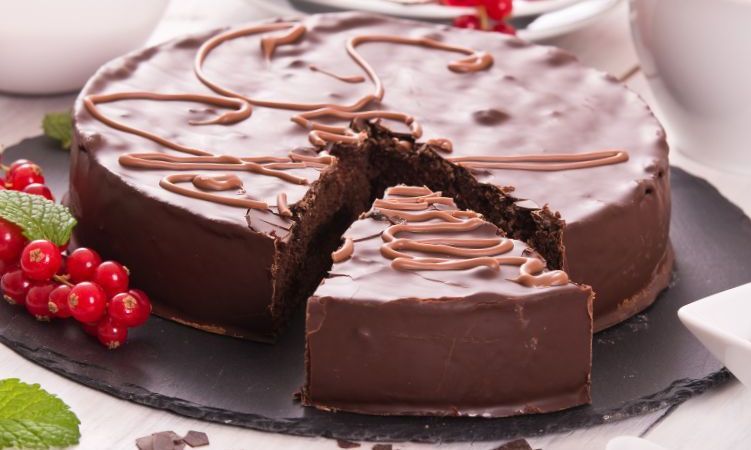
The Sachertorte, a jewel of Austrian confectionery, enchants with an intense chocolate flavour and a fine layer of apricot jam. Topped with a shiny chocolate icing, it embodies an exquisite blend of fruitiness and chocolate richness.
This opulent dessert is more than just a cake - it is a piece of Viennese cultural history.
3. Tafelspitz

Tafelspitz is a traditional dish of Viennese cuisine that dates back to the Austrian imperial era. Tafelspitz is the name given to a piece of beef tail that has been cooked in a broth until particularly tender and then cut into thin slices.
It is served with an aromatic horseradish sauce, root vegetables and potatoes or roasted potatoes. This festive dish combines the rich depth of the tenderly falling-apart meat with the piquant sharpness of the horseradish to create a unique meal.
4. Apple strudel
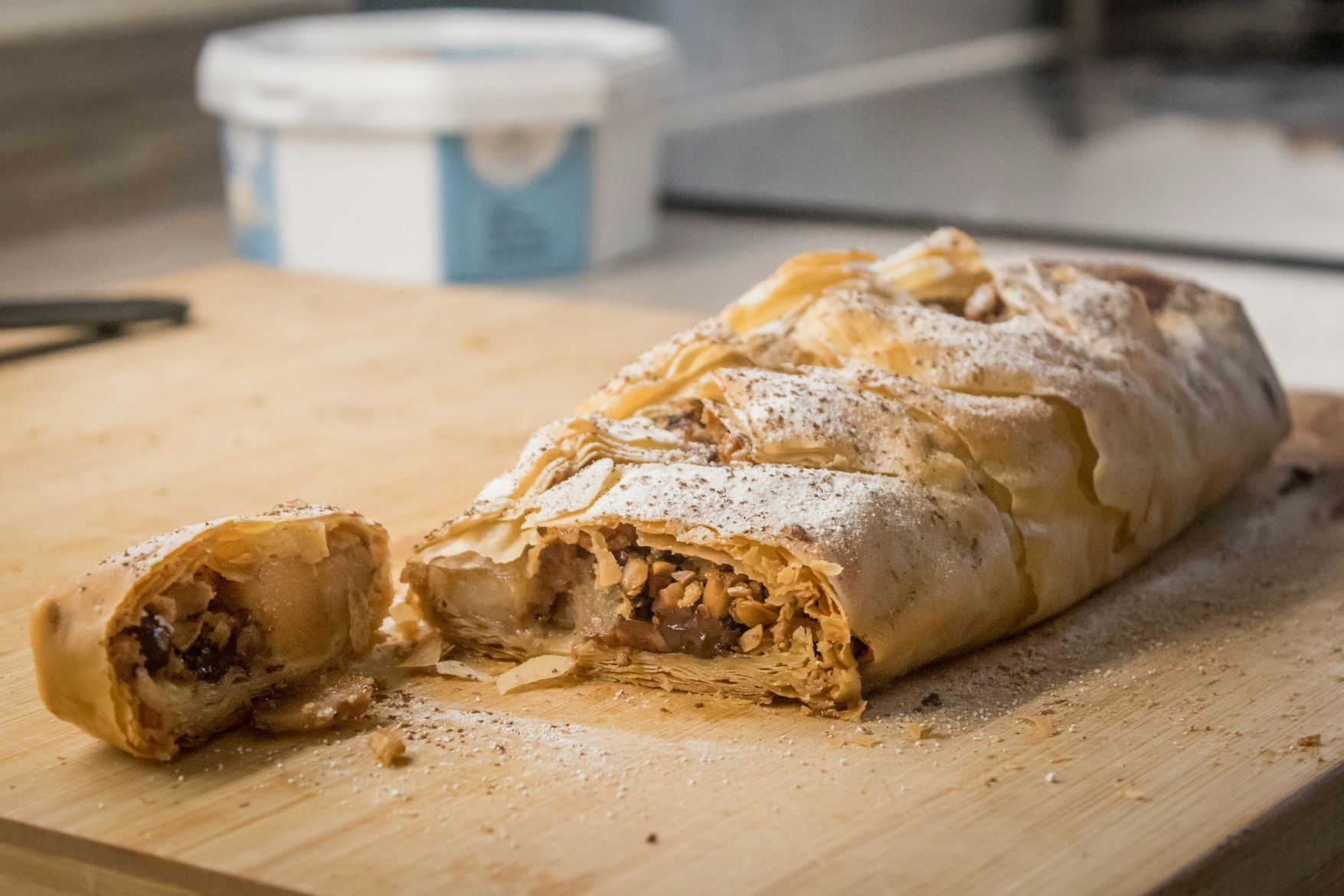
A classic Austrian dessert, apple strudel consists of a wafer-thin, crispy pastry filled with an aromatic mixture of sweet apples, cinnamon and sultanas. Baked in the oven until golden brown, it releases a tantalising aroma.
In traditional Austrian style, apple strudel is simply sprinkled with icing sugar and served warm. Outside Austria, it is often served with vanilla sauce, ice cream or whipped cream.
5. Kaiserschmarrn
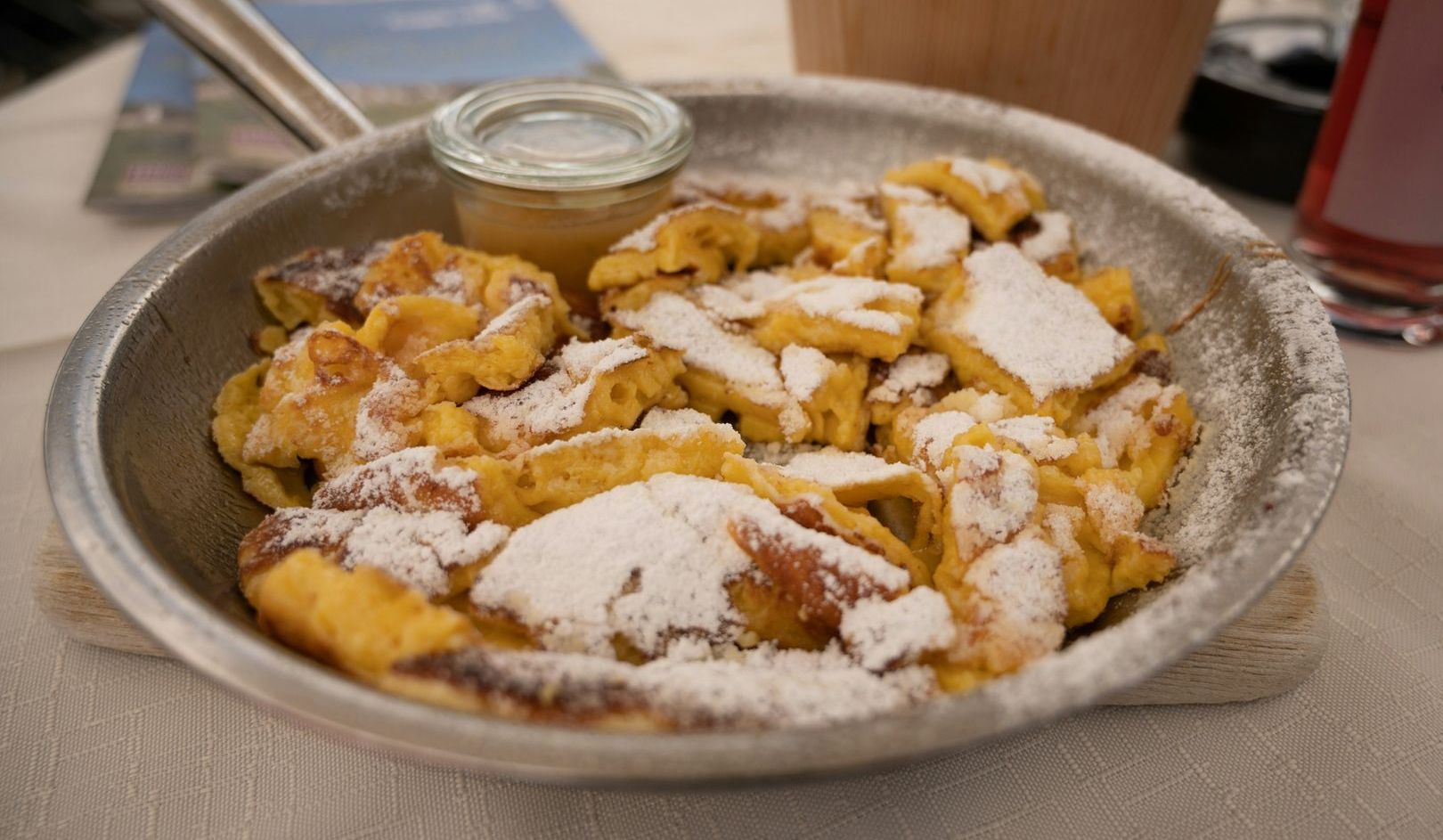
The Kaiserschmarrn has an enchanting fluffy texture and sweet finesse. It is comparable to a torn pancake. Enriched with a hint of vanilla and sultanas, it is caramelised to perfection. Served with a dollop of stewed plums or apple sauce, it offers an incomparably delicious dessert experience that will live long in the memory.
There are various legends surrounding the exact origin of the name Kaiserschmarrn. In most of them, however, the emperor who gave the dish its name is Emperor Franz Joseph I.
Drinks
The drinking culture in Austria is diverse and takes into account both historical traditions and contemporary preferences.
Viticulture in Austria

Austria has a long winemaking tradition and is particularly known for its white wines such as Grüner Veltliner and Riesling. There are also some excellent red wines from Austria, including Blaufränkisch and Zweigelt, for example. Austrian wine culture can be experienced in the numerous wineries and wine taverns (local wine bars that often offer their own wines).
Austrian beer

As in Germany, beer is an essential part of Austrian drinking culture. Popular varieties include lager, pilsner and wheat beer.
There is also a growing scene for craft beers.
Viennese coffee house culture
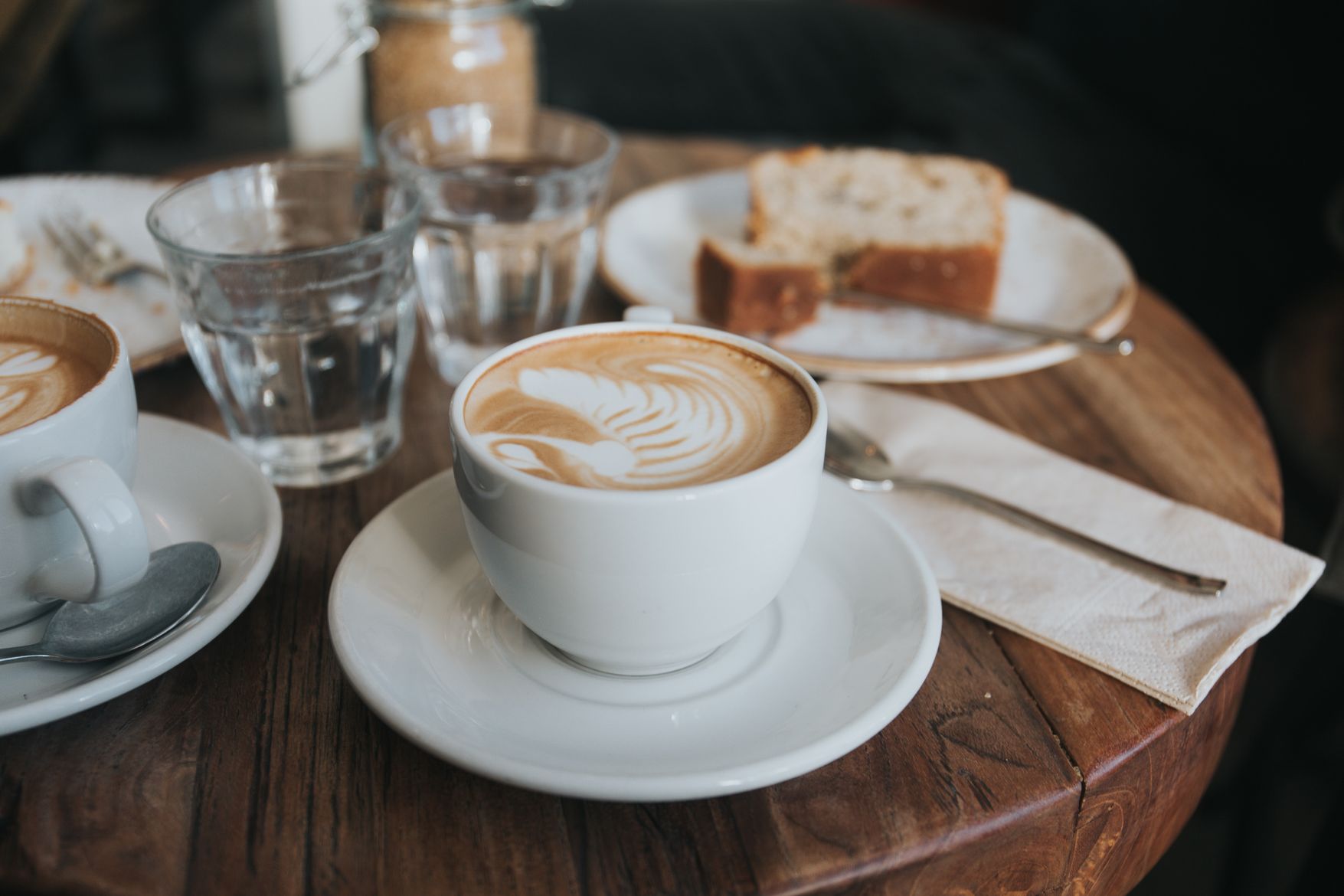
In Austria, coffee is more than just a drink; it is part of a cultural heritage. Accordingly, the Viennese coffee house culture was recognised by UNESCO as intangible cultural heritage in 2011. Viennese coffee houses are famous for their elegant atmosphere and variety of coffee specialities. They traditionally served as meeting places for intellectuals, artists and writers and played a central role in the social and cultural life of the city. With their often opulent furnishings, they offer a retreat that provides time and space for relaxation, reading and conversation.
Traditional festivals and customs
Austria has a rich tradition of festivals and customs that are deeply rooted in local culture and history.
Vienna Opera Ball
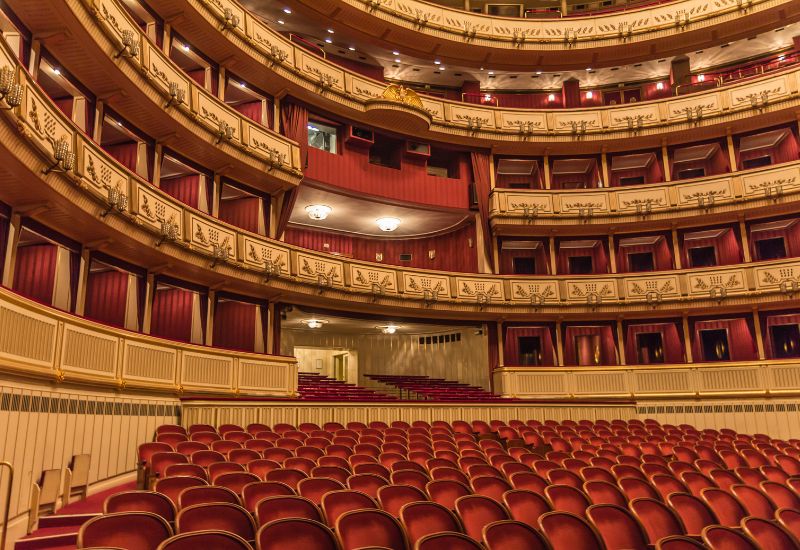
As one of the highlights of the ball season in Vienna, the Vienna Opera Ball attracts thousands of visitors every year in February. The glamorous event in the magnificent Vienna State Opera combines tradition, culture and elegance.
Krampus run
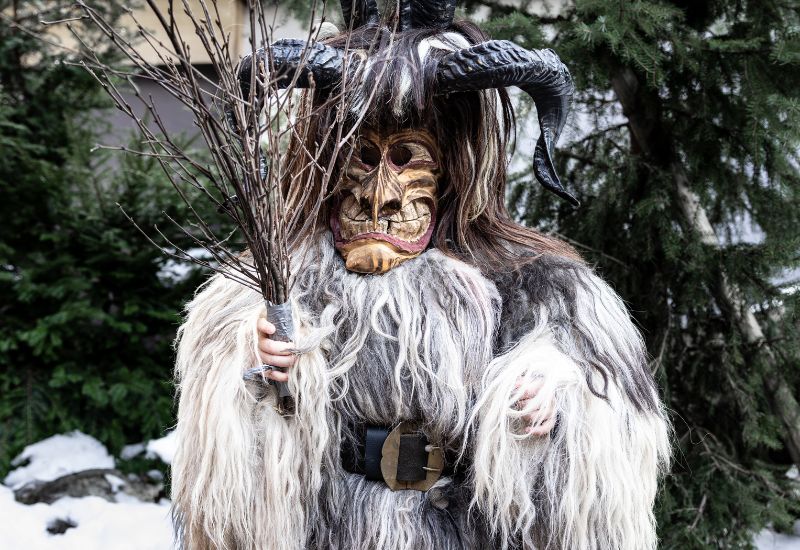
In many parts of Austria, the Krampus Run (also known regionally as the Perchten Run) takes place during Advent. The Krampus is a gruesome figure from Alpine tradition who accompanies St Nicholas and is supposed to drive away the evil spirits of winter. This custom often involves spectacular processions with elaborate costumes.
Maypole festival
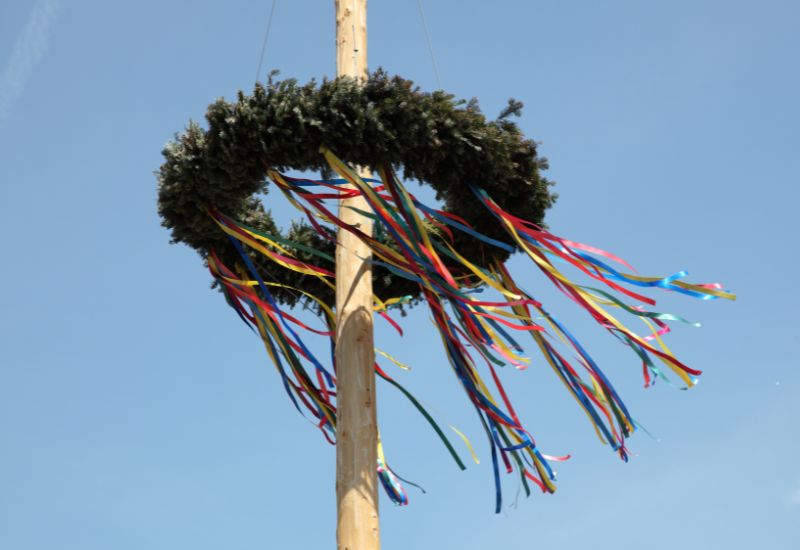
On 1 May, many Austrian communities celebrate the raising of the maypole. This custom symbolises fertility and growth and is celebrated with folk music, dancing and local specialities. The maypole is usually decorated and erected by local associations or the village community.
Conclusion: Tradition and modernity united in Austria
In conclusion, it can be said that culture in Austria is characterised by its diversity and richness. It combines historical heritage with modern creativity and thus offers a unique insight into European cultural history. From culinary highlights to traditions and festivals, Austria's culture remains vibrant and accessible to all.
Are you ready to gain new cultural impressions in Austria?
Find out more about the toll regulations in Austria here, so that nothing stands in the way of your holiday.
